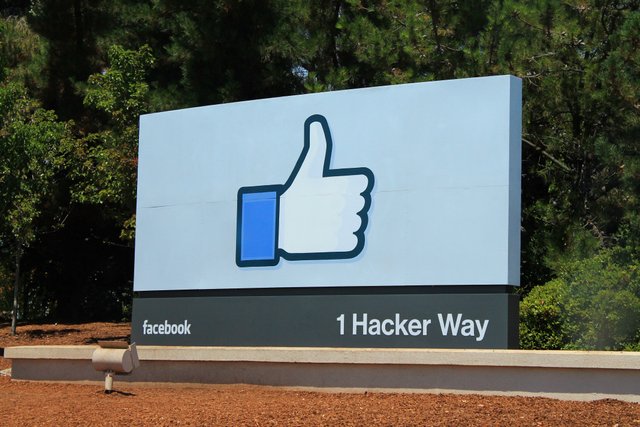Why politicians should be scared of Bitcoin - Part 2
In a 3 part series I take a look at what cryptocurrency technology can do for politics and how it could literally take over the world!
In Part 1 I took a quick look at what we know as representational democracy, its history and some of its imperfections. In this part I'll introduce direct democracy and how it is already being used today.
In direct democracy people themselves decide on the issues without an intermediary. The most common form of this that you've probably heard of and maybe participated in is a referendum. This is a vote on a particular question that is put to all people (the whole electorate) directly.
That probably sounds like a scary prospect, right? I mean politicians are people that do this sort of thing day in, day out and are presumably experienced and trained appropriately? From day to day you probably have little clue what issues there really are unless you've heard it on the news or read it on social media. Even less would you know the intricate details about the relevant laws, policies and background to a particular issue, so you probably wouldn't feel too confident about making a decision.
Though you'd probably have an opinion. And you'd definitely have an opinion and some background on the issues that interested you. Take this article right here. You're probably reading this because you're interested in Bitcoin, cryptocurrency, politics or all of the above? And by reading this you're informing yourself on how they might be linked which may help to reinforce or change your opinion. Direct democracy can be viewed as the same thing; people voting on the issues that interest them, like you might on TV talent shows, Big Brother or even Facebook today.

Facebook HQ in Palo Alto
But direct democracy today goes deeper than supporting your favourite singer or cat picture.
For instance Switzerland, alongside it's representational system, has mandatory referendums on changes to its constitution, and a petition of 50,000 signatures can cause a referendum on any law change. This system has been in place since the mid 1800's and can be traced back to 1291.
The closest the UK comes to this is the petition website, where 10,000 signatures gets a response from the government; 100,000 signatures and the petition is considered for debate in Parliament. Hardly any form of real power, but given enough backing this could bring about a referendum on a subject.
But what about Brexit, that was a referendum, right? It was, but in the UK referendums are called for through an Act of Parliament (so largely at the discretion of the government) and the result is non-binding anyway (though if ignored is probably revolution-worthy).
27 states in the US also have forms of direct democracy through initiatives and referendums, which work in a similar way to the Swiss petitions.
Interestingly there are also a number of direct democracy parties throughout the world, so the idea isn't a new one. But a direct democracy party seems to be a paradox. Why would you vote for a party when you want to vote on the issues directly? I suppose the answer is if you're in a representational system, you first have to start with a party who can change the system from the inside. And in any case, I'm willing to accept that both direct and representation can coexist and might be the ideal compromise, at least in the short to medium term.
But to me this all sounds a bit last-century, gathering signatures, even on a website. Where's the website tailored specifically to all issues in my local area, county (state), country or even world? Where can I read the whole, unbiassed story to an issue, with citations of the data, reports and expert analysis? Where can I share my opinion and vote on the proposed solutions? It doesn't exist. The closest you'll get today is by reading various news, government and independent informative sources, trying to pick out the fake or distorted information as you go, and then sharing your opinion on social media.
There are some other promising ideas though.
Take for instance Loomio and DemocracyOS. These are both commercial, yet open-source, solutions for coming to a democratic outcome on an issue online. They're meant for relatively small groups of people who you probably already know, like at work.
But imagine these put on steroids. A kind of Stack Exchange crossed with Wikipedia and Steemit where you could debate any issue. I'll let that sink in a minute. It's kinda mind-blowing, right? Not only could you dial in to the issues that interest you, but you'd have all the information you'd need to form an educated and mature opinion. You could propose your own issues, solutions to issues, up-vote other people's ideas and come to a decision right there. There might even be independent contributors conducting studies, providing reports, analysis and even simulations of proposed solutions (for example economic and social simulations). Imagine that! Testing out solutions before its even implemented.
This is stuff most politicians couldn't even comprehend, let alone entertain or support. Why? They've almost certainly never even heard of these websites and it would put them out of a job!
Okay, you're officially nuts.. call the shrink! But you mentioned Steemit and I'm still waiting to see what this has to do with Bitcoin!!
I promise, in Part 3 I have a look at some of the issues that come with this and how Bitcoin could have the answer.